Understanding Dementia Behaviors
In this comprehensive guide, we'll explore the different aspects of dementia-related behaviors and provide practical tips and strategies to help you navigate the challenges of caring for a loved one with dementia.

Navigating Common Behaviors of Dementia
Did you know that over 1 million people receive a dementia diagnosis every year in the US? That dementia affects nearly 50 million older adults worldwide, and many of them experience distressing behaviors such as agitation, aggression, and sleep disturbances? These are some common behaviors of dementia. As a caregiver, you might feel overwhelmed, but you're not alone. In this comprehensive guide, we'll explore the different aspects of dementia-related behaviors and provide practical tips and strategies to help you navigate the challenges of caring for a loved one with dementia. So, are you ready to embark on this enlightening journey and become a more confident and compassionate caregiver when dealing with people with dementia?
Short Summary
- Understanding dementia-related behaviors is essential for providing the best care.
- Caregivers should use effective communication strategies and active listening techniques to help foster deeper connections with their loved ones.
- Strategies such as establishing routines, sleep hygiene tips, and redirecting focus can be used to manage delusions & paranoia and aggressive behaviour in dementia patients.
Understanding Dementia-Related Behaviors
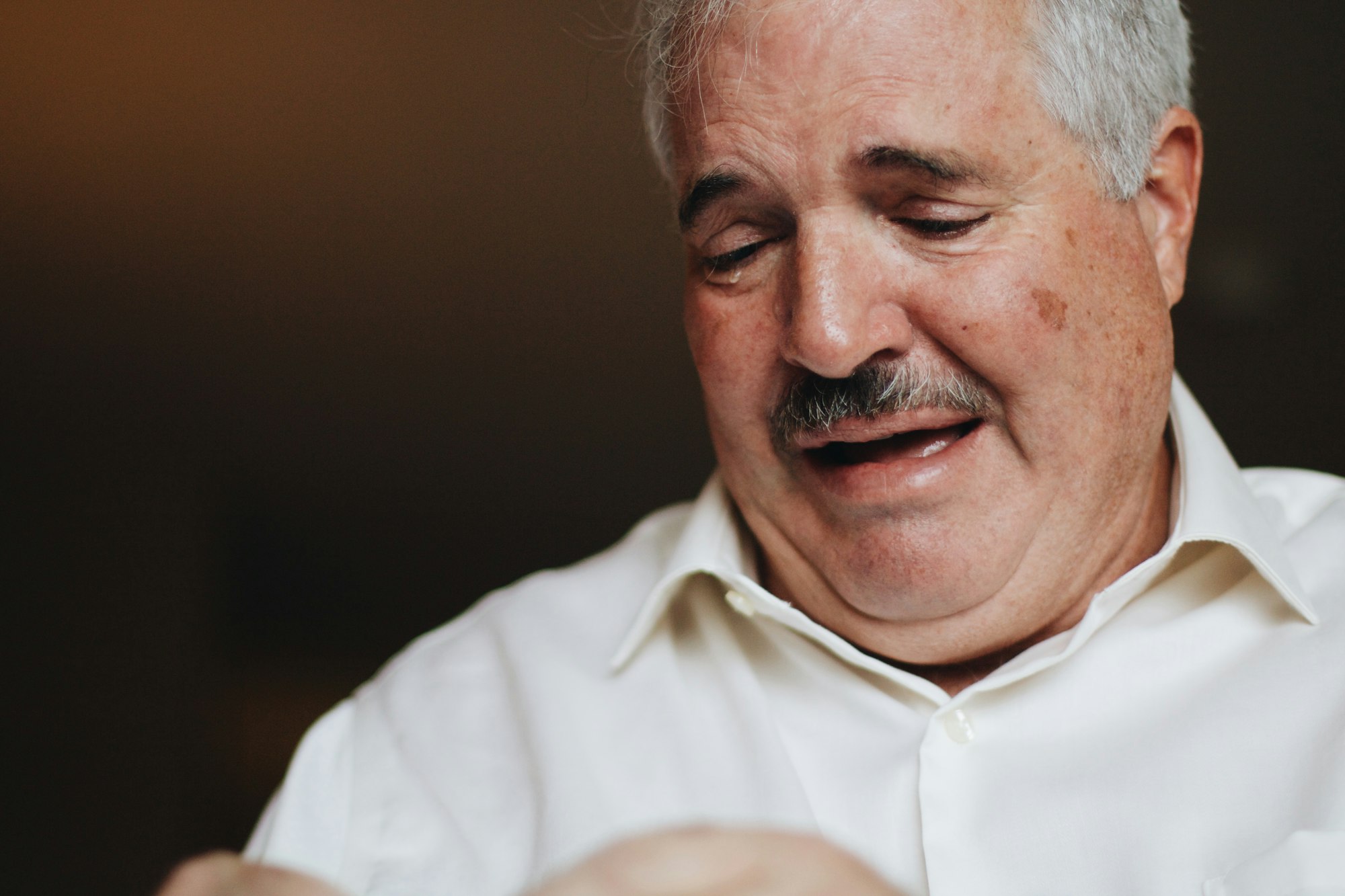
Dementia is a broad term for a brain disorder related to cognitive decline, with various symptoms and behavioral changes that can be challenging for both the person with dementia and their caregivers. As dementia disease process progresses, cognitive impairment, memory loss and sleep disturbances can lead to troubling behaviors, such as verbal or physical aggression, sleep problems and repetitive actions. Troubling behavior with dementia occurs in the middle to later stages of the terrible disease. Dementia affects a person's thinking skills and this causes safety concerns and behavioral changes for those providing care.
Understanding these dementia behaviors and dementia symptoms is crucial for family caregivers and healthcare providers to effectively manage and support dementia patients throughout the course of their disease.
Types of Dementia

There are several types of dementia. Alzheimer's disease, which is the most common form affecting millions of people worldwide. Other types of dementia include Frontotemporal dementia, known for its prominent and often disturbing behavior This is the type of dementia that Bruce Willis is suffering from ; Lewy Body dementia, characterized by visual hallucinations and motor difficulties. Lewy Body is often misdiagnosed as a mental health disorder because of the psychotic symptoms that occur; and Vascular dementia, which is caused by reduced blood flow to the brain.
While there are many different types of dementia, the symptoms of dementia, in the early stages will be different. As the disease progresses, the moderate stages to later stages follow a pattern of troubling behaviors that will be challenging for the family caregiver. The emotional pain a family caregiver faces as the disease progresses is heartbreaking.
Each type presents unique challenges and requires tailored care approaches to address the specific needs and symptoms of dementia patients.
Causes of Behavioral Changes
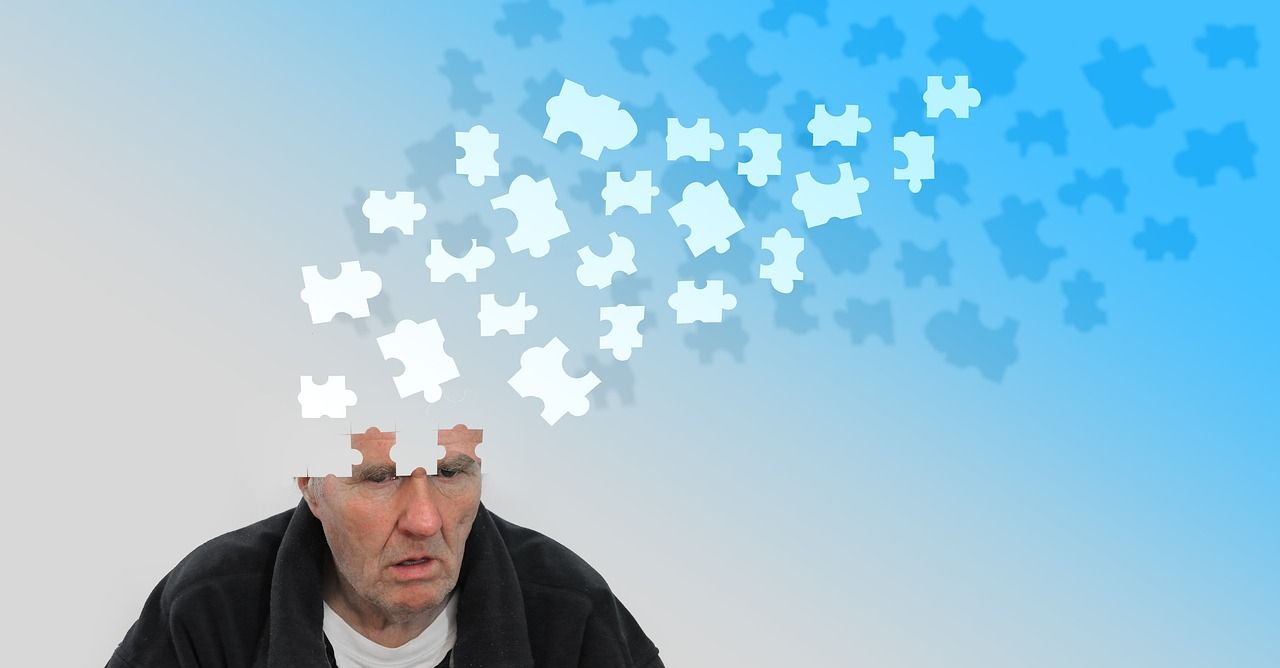
Behavioral changes in dementia patients can be attributed to a combination of factors. Neurodegeneration, which affects certain parts of the brain, particularly the frontotemporal cortex and limbic regions, can lead to problems with neurotransmitters, causing alterations in mood, rationale, and emotions. Psychological factors and a person's personality also play a role in modifying behavioral symptoms, as the person's prior temperament, caregiver's behavior, unmet needs and social setting can influence the pattern of these issues.
Understanding the cause behind a behaviour displayed by a dementia patient is extremely important. All these behaviours have an underlying trigger or reason, such as an unmet need, that must be identified. Identifying the multiple factors that influence challenging behaviors is crucial in the development of effective care strategies. As the disease progresses, adjustments to the care approach may be needed to address the evolving needs and symptoms of the person with dementia.
Effective Communication Strategies

Clear and compassionate communication is paramount when caring for someone with dementia. Effective communication strategies can help caregivers better understand and respond to their loved one's needs, fostering a stronger bond and reducing frustration for both parties.
It's essential to remember that dementia patients may struggle to express themselves verbally or understand complex language, making it crucial to adapt communication techniques to their cognitive abilities. Remember, a person with dementia has slowed thinking skills this means they may be hearing things you have said, but they are slowly processing that information. Then, they are formulating a response. This can take a few minutes. Difficult behaviors arise when you rush them or they are unable to respond or are no longer able to formulate the words.
Active Listening

Active listening is a valuable tool in dementia care, as it ensures that caregivers fully understand the person's thoughts and feelings. This communication technique involves repeating what the person said and asking clarifying questions to ensure comprehension. For example, if your loved one expresses a need or concern, you might say, "I hear that you're feeling cold, would you like a blanket?" By actively engaging in the conversation and demonstrating genuine interest, caregivers can help their loved ones feel heard and supported. If you want more information on active listening, I recommend you check out the Eldercare Communication Course on www.CareGiverRelief.com. This course has a detailed lesson on active listening and improving your communication skills. This course was made specifically for every family member providing care for another.
In addition to active listening, caregivers should speak slowly and clearly, using short sentences and maintaining eye contact. This approach allows the person with dementia sufficient time to process information and respond, promoting a more positive and effective communication experience.
Simplifying Language
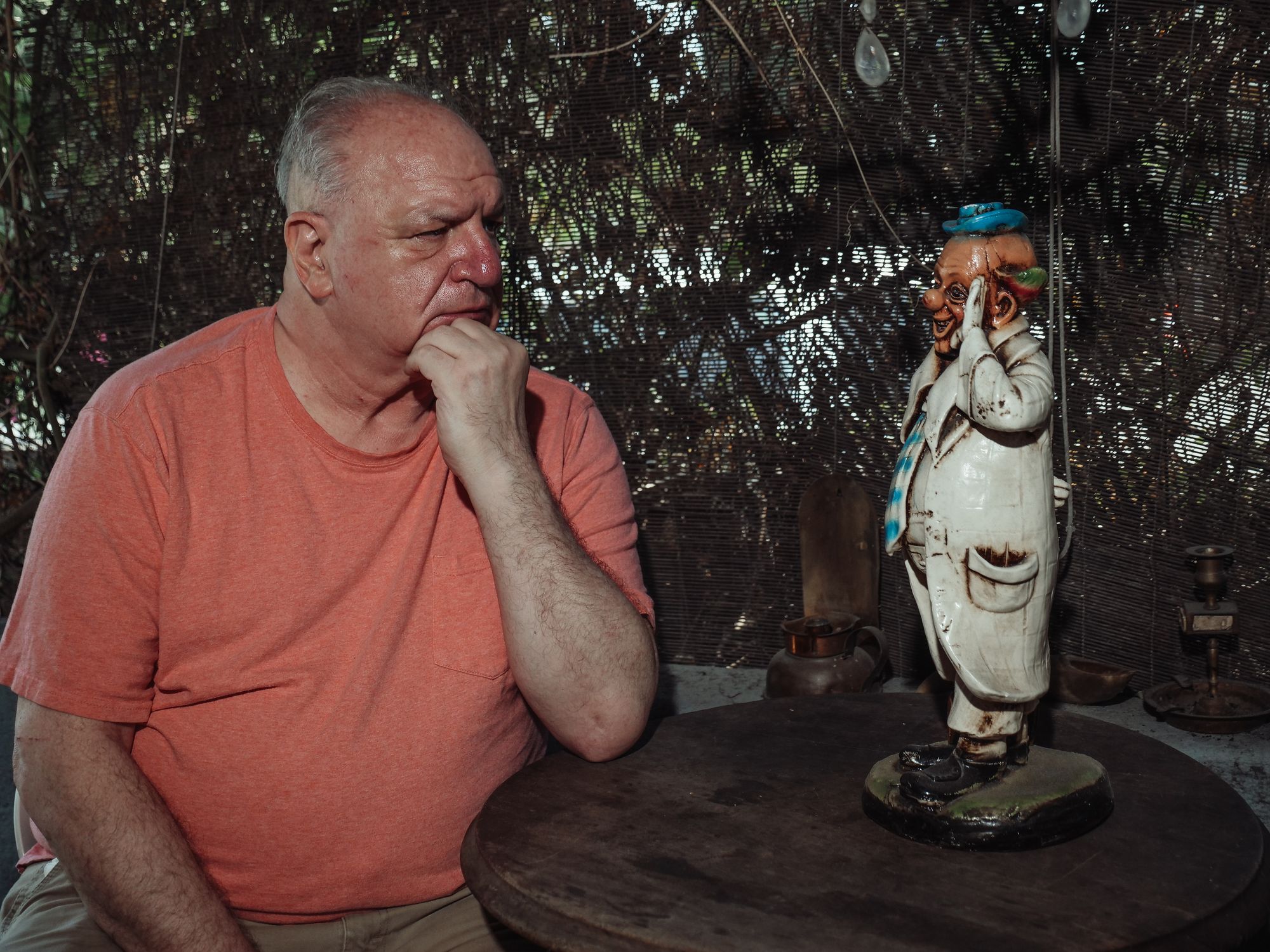
Simplifying language is another crucial communication strategy that can improve understanding between caregivers and dementia patients. Using short sentences and avoiding abstract concepts or complex ideas can help reduce confusion and facilitate more effective communication.
For example, instead of saying, "Do you recall what we did last weekend?", try asking, "Did you enjoy our walk in the park last Sunday?" By breaking down complex thoughts into simpler phrases, caregivers can make information more accessible and less overwhelming for their loved ones with dementia. Avoid asking open ended questions, such as "What do you want", instead offering would you like this or that? And then, give them time to respond.
Nonverbal Communication
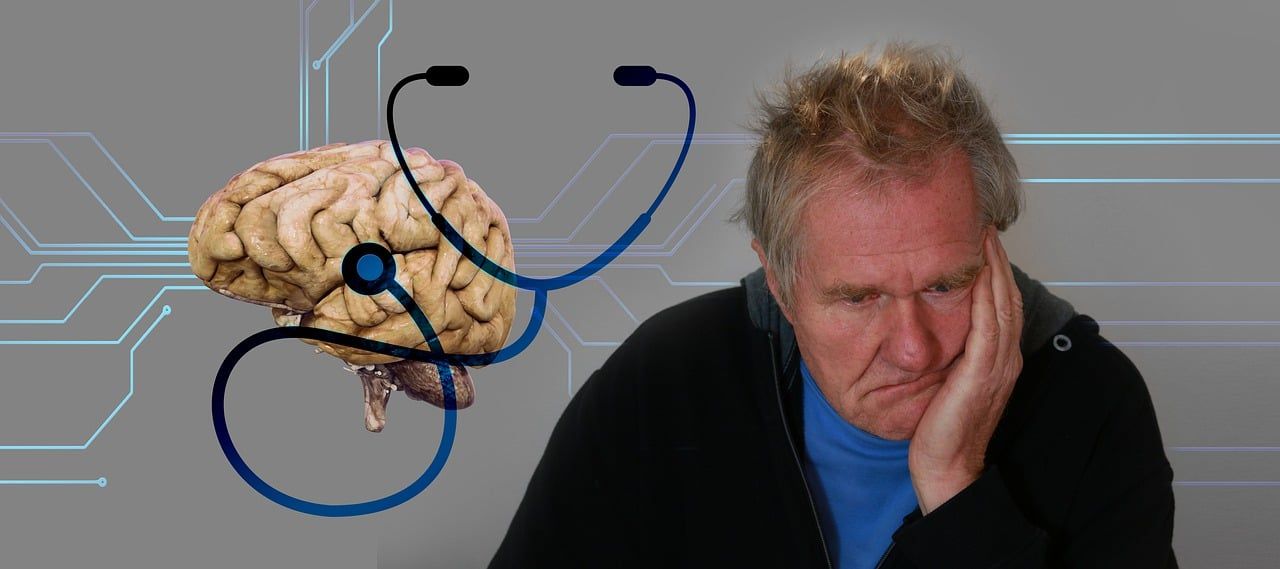
Nonverbal communication, such as facial expressions, gestures, and body language, is equally important in dementia care. These cues can convey understanding, empathy, and support, even when verbal communication becomes challenging. For instance, a warm smile or a gentle touch on the shoulder can provide reassurance to a person with dementia who might be struggling to express their emotions or needs.
By paying close attention to nonverbal cues and responding appropriately, caregivers can cultivate a deeper connection with their loved ones and enhance the overall quality of care. It is important to learn here, a person with dementia , as the disease progresses, lives in the moment. They lose their short term memory first. They lose the ability to plan for the future. Over time, the lose memories from the past.
They are truly living in the moment.This is why is is so important for the family caregivers to be aware of the tone they use when interacting and communicating with a person with dementia. They will pick up on your stress level, your tone, your anxiety. Their response to your tone, your body language may result in a troubling behavior. Avoid arguing with a person with dementia. Instead gently remind them of a task you want then to accomplish.
Managing Agitation and Aggression

Agitation and aggression are common behavioral issues experienced by dementia patients, often triggered by various factors such as environmental changes, physical discomfort, unmet needs, communication difficulties, anxiety, confusion, paranoia, and even hallucinations.
These behaviors can be distressing for both the person with dementia and their caregiver, making it essential to develop effective strategies to manage and prevent such incidents.
Identifying Triggers

To effectively manage agitation and aggression in dementia patients, it's vital to identify the potential triggers and address any underlying conditions that may be contributing to the behavior. This might involve evaluating their physical environment for overstimulation or sensory overload, ensuring their basic needs are met (such as hunger, thirst, and toileting), and addressing any medical issues or medications that could be causing discomfort or negative side effects. Are they having pain and are unable to tell you? Do you have a family member with dementia that has hearing loss and should be wearing a hearing aid? An unmet need can trigger aggressive behaviors.
By understanding the root causes of agitation and aggression, caregivers can develop tailored strategies to minimize triggers and provide a more comfortable and supportive living environment. If you have other caregivers that provide care for your family member, educate them on the approaches and strategies for your family member.
De-escalation Techniques
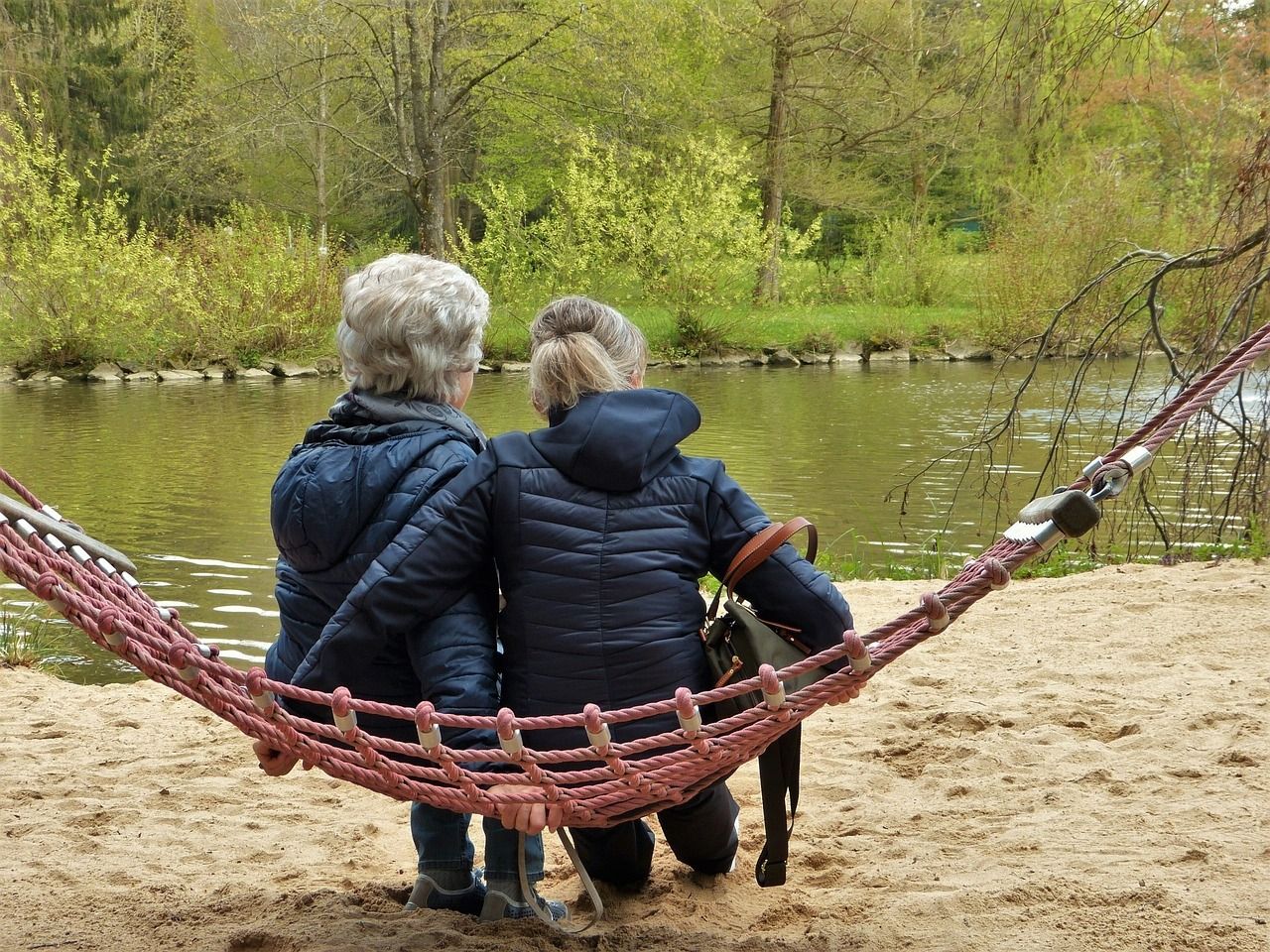
De-escalation techniques are essential tools for caregivers to diffuse tense situations and minimize the risk of agitation and aggression. Some effective methods include providing reassurance, reorienting the person to their surroundings, redirecting their attention to a familiar object or activity, and reminiscing about positive memories.
When faced with aggressive behavior, it's important avoid arguing or engage in confrontation, as this can exacerbate the situation. Instead, remain calm, empathetic, and patient, focusing on the person's feelings and trying to determine the cause of the behavior. I recommend that when a caregiver faces a difficult situation, it is important that you learn to take a few deep breaths. Get the person's attention, making eye contact. Touch their hand, or shoulder. Take a few more deep breaths. Then focus on the specific task that you want to accomplish
Seeking Professional Help
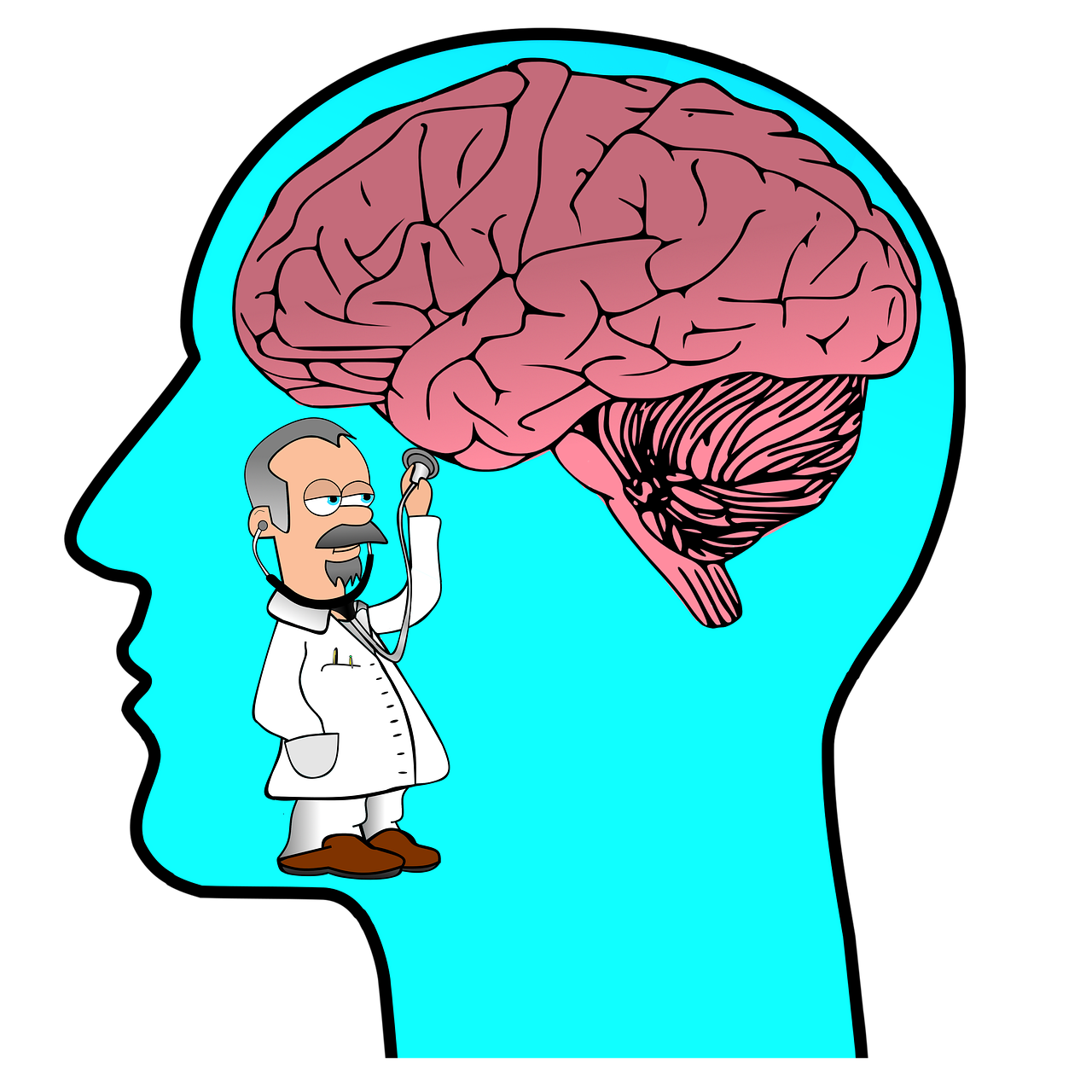
In some cases, professional help from a neuropsychiatrist, a neuropsychologist or a behavioral therapist may be necessary to provide additional support in managing agitation and aggression in dementia patients. Medical professionals can assess the person's overall health, review their medications, and recommend appropriate interventions or treatments to address the underlying causes of the behavior.There are times when it is necessary to admit your loved one to a senior behavioral health unit, for medication adjustment and help keep a person safe from harm.
Seeking professional help can also provide invaluable resources, guidance, and emotional support for caregivers, enabling them to better cope with the challenges of dementia care.
Coping with Repetitive Behaviors
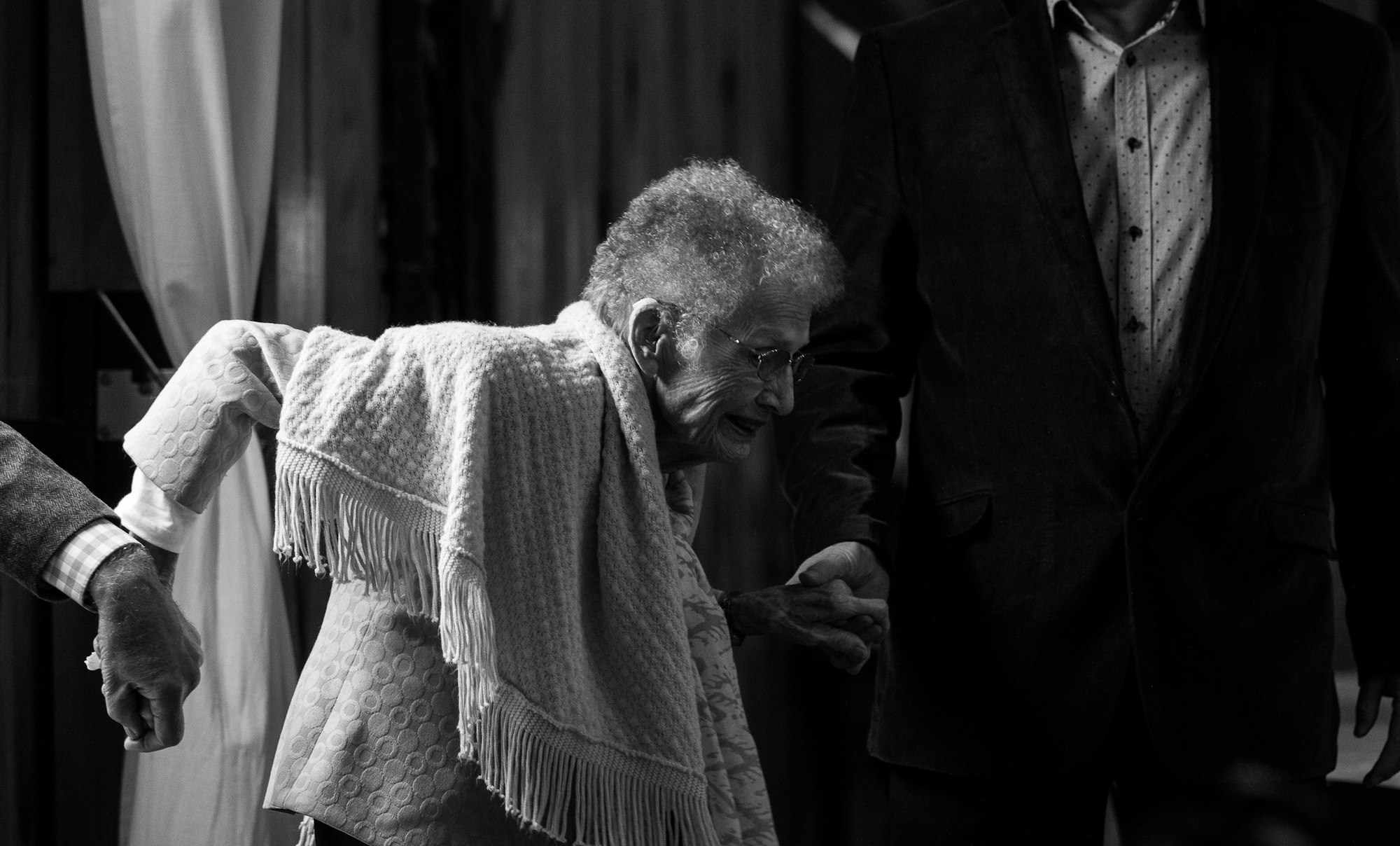
Repetitive behaviors, such as asking the same questions repeatedly or engaging in the same activities over and over, are common in dementia patients. These behaviors can be caused by various factors, including anxiety, boredom, fear, or environmental factors, and can be distressing for both the person with dementia and their caregiver.
Identifying the causes of repetitiveness and developing strategies to address these behaviors is essential to minimize frustration and enhance the quality of dementia care.
Causes of Repetitiveness
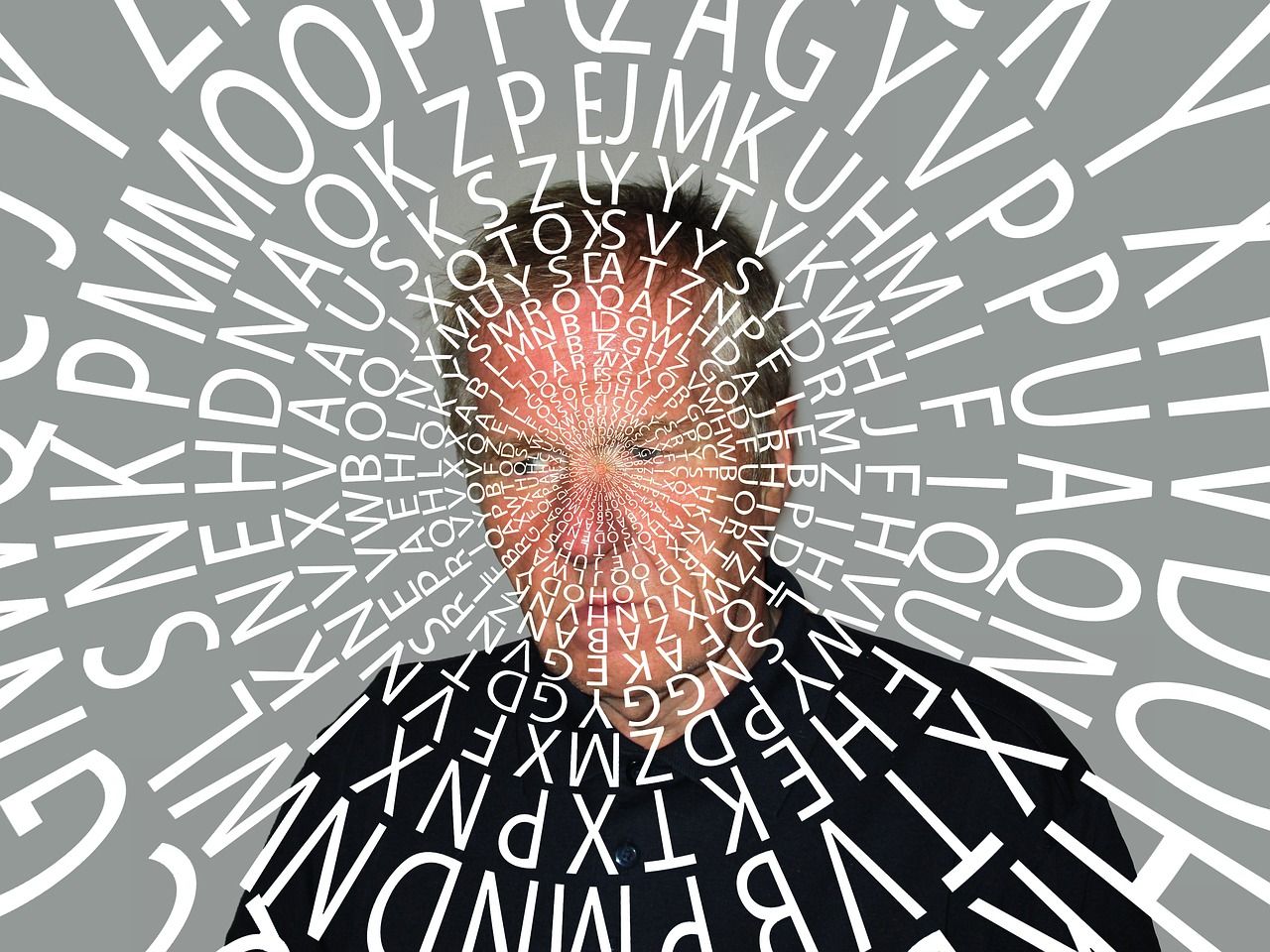
The deterioration of brain cells, which affects memory and emotions, may be the primary cause of repetitive behaviors in dementia patients. As cognitive abilities decline, the person may struggle to remember recent events or conversations, leading to repetitive questioning or actions.
Additionally, anxiety or fear may drive the person to repeat certain behaviors as a way of seeking reassurance or comfort. Understanding these underlying causes can help caregivers develop tailored strategies to address repetitive behaviors and minimize their impact on daily life.
Redirecting Attention

Redirecting attention is a valuable strategy to minimize repetitive behaviors in dementia patients. By engaging the person in a new activity or changing their environment, caregivers can help channel repetitive behavior into a more productive and enjoyable task. Folding laundry, or cleaning are a few tasks that a person with dementia might enjoy. Please do not feel guilty if your loved one cleans the same spot , or you unfold the laundry, so they can keep busy.
Another example, if the person repeatedly asks what time it is, redirect their attention to a favorite puzzle or activity that can help them stay focused and engaged, reducing the need to ask the same question repeatedly. There are also those that want to disrobe or undress. You put their clothes on, and while you are focusing on a specific task, they have undressed. I recommend you look into fidget aprons. The full lenght fidget apron, with lots of textures, gadgets and colors, can keep your loved one focused on the things on the apron and keep their clothes on.
Establishing Routines
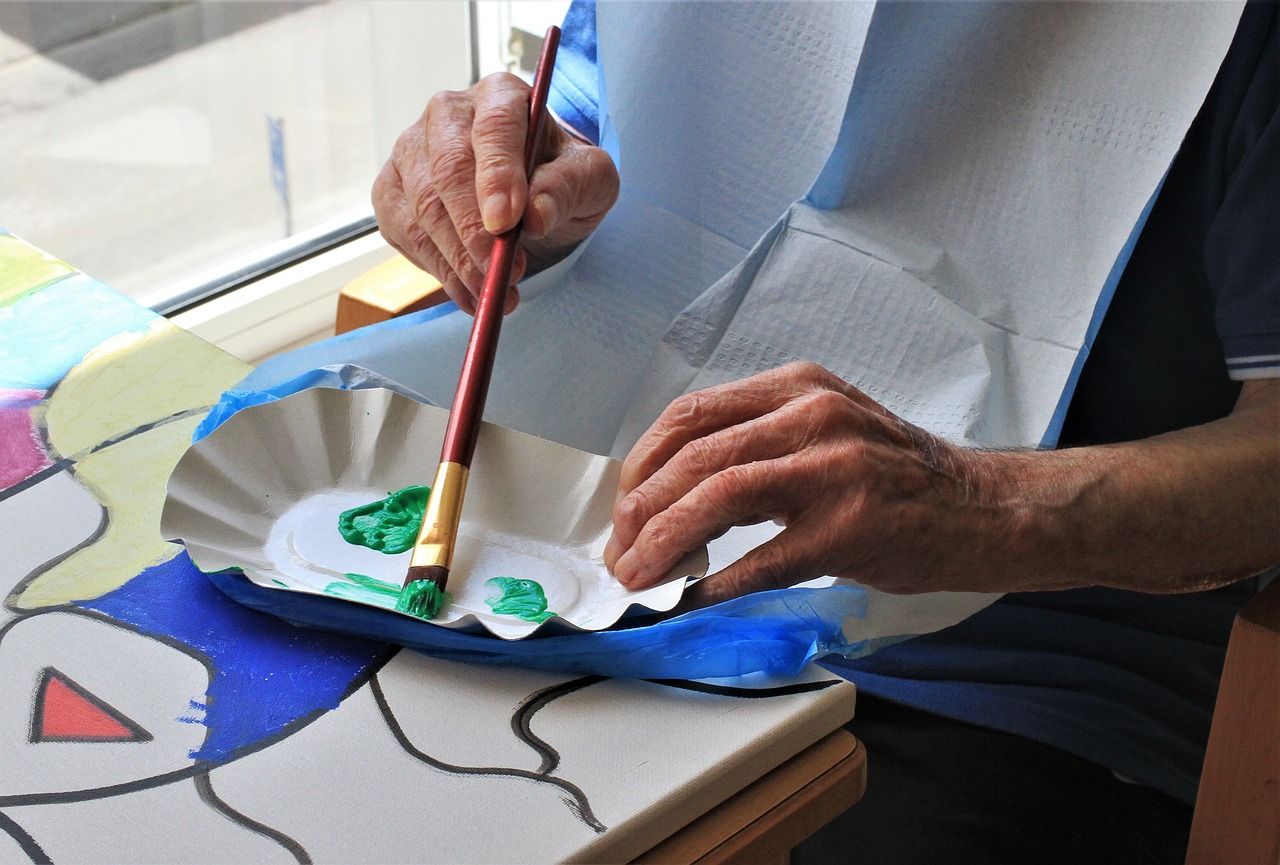
Establishing routines can be highly beneficial in reducing repetitive behaviors in dementia patients. Consistent daily routines provide a sense of structure and predictability, minimizing confusion and promoting a sense of control for the person with dementia. By incorporating familiar activities and tasks into the daily routine, caregivers can help the person feel more secure and less anxious, reducing the likelihood of repetitive behaviors.
Additionally, routines can help caregivers manage their own time and energy more effectively, ensuring that they are better equipped to provide quality care. As hard as it is, I recommend the primary caregiver ask for support from other family members, friends or hired help to allow you to practice self care.I recommend you take my How to Be a Patient Care Advocate Course to learn how to build a care team.
Addressing Sleep Issues
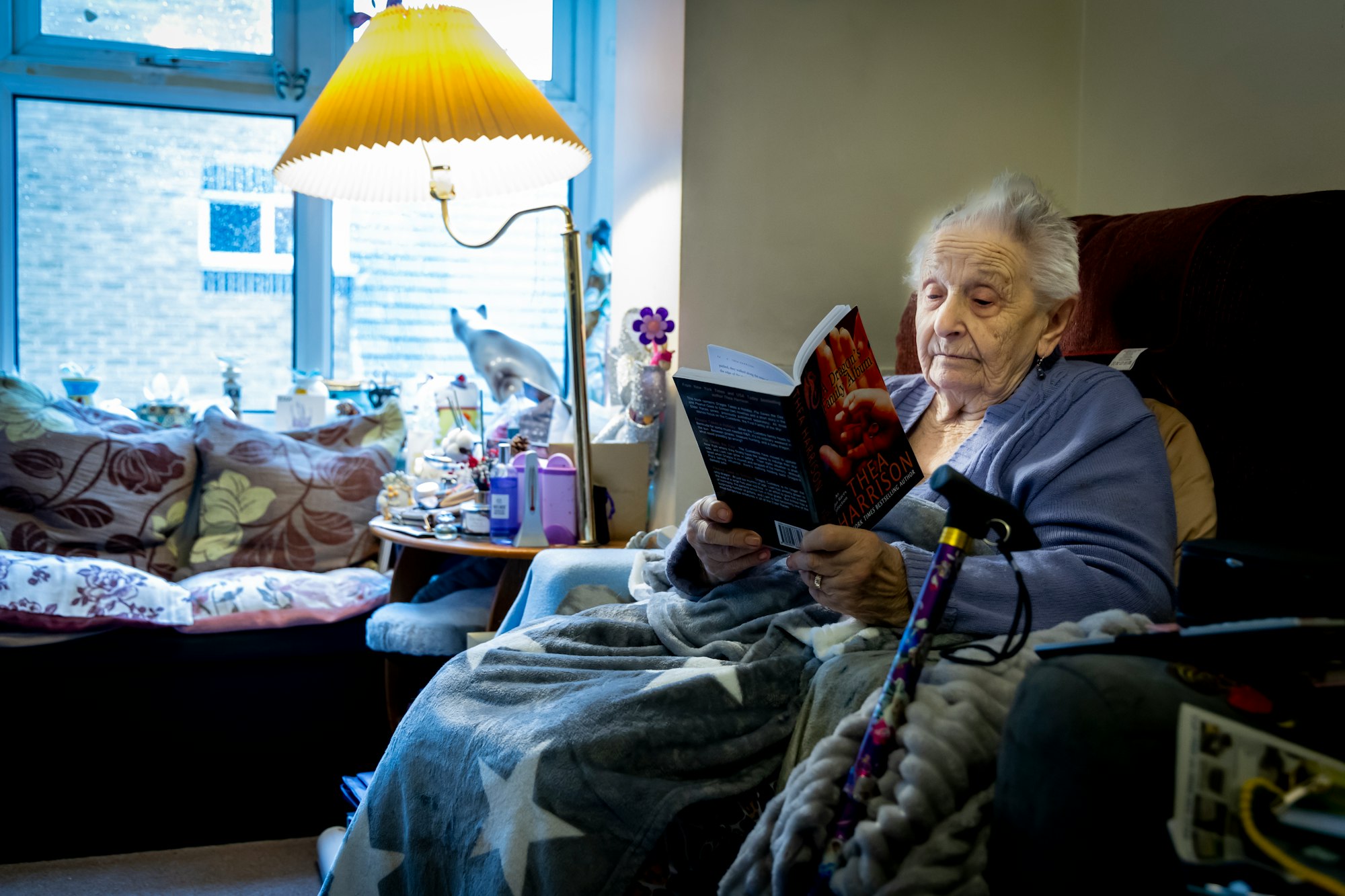
Sleep disturbances are common in dementia patients, often due to a variety of contributing factors such as medication side effects, changes in the brain, and disruptions to the sleep-wake cycle. These issues can be particularly challenging for caregivers, as a lack of adequate sleep can exacerbate other dementia-related behaviors and make it more difficult for the person to function during the day.
By identifying the causes of sleep disturbances and implementing strategies to improve sleep quality, caregivers can help their loved ones with dementia achieve better overall health and well-being.
Causes of Sleep Disturbances

Several factors can contribute to sleep disturbances in dementia patients, including medication side effects, changes in the brain associated with dementia, and disruptions to the sleep-wake cycle. For example, certain medications may cause an overactive bladder or dehydration, leading to nighttime waking and difficulty falling back asleep. Some over the counter medications, such a Benadryl, can cause an elderly person to become agitated and not sleep.
Additionally, dementia-related changes in the brain can disrupt the body's natural sleep-wake cycle, causing insomnia or difficulty staying asleep. Recognizing these causes and addressing them is crucial in managing sleep issues for dementia patients.
Sleep Hygiene Tips
Practicing good sleep hygiene can significantly improve sleep quality for dementia patients. Some helpful tips include establishing a consistent bedtime routine, creating a calming and comfortable sleep environment, avoiding stimulants such as caffeine and nicotine close to bedtime, and limiting screen time before bed.
Additionally, engaging in regular exercise during the day, exposing the person to natural sunlight, and ensuring they have a nutritious diet can all contribute to better sleep quality and improved sleep patterns. By implementing these sleep hygiene tips, caregivers can help promote restful sleep for their loved ones with dementia.
Managing Sundown Syndrome

Sundown syndrome, or sundowning, is a phenomenon that occurs in some dementia patients, characterized by increased confusion, restlessness, and agitation in the late afternoon and evening. This condition can be particularly challenging for caregivers, as it often leads to sleep disturbances and an increased risk of agitation and aggression.
Strategies for managing sundown syndrome include exposing the person to natural light during the day, engaging in calming activities in the evening, and providing reassurance and comfort as needed. By understanding the causes of sundown syndrome and implementing effective management strategies, caregivers can help their loved ones with dementia maintain a better sense of well-being and safety.
Preventing and Managing Wandering

Wandering in dementia patients can be dangerous and distressing for caregivers, as it poses various safety risks and challenges. Understanding the triggers of wandering and implementing strategies to prevent it is essential in ensuring the safety and well-being of the person with dementia.
By creating a safe environment and using technology to monitor and locate the person if they wander off, caregivers can effectively manage wandering behavior and minimize the associated risks.
Identifying Wandering Triggers

Identifying potential triggers for wandering behavior is crucial in managing this issue in dementia patients. Common triggers can include unmet needs such as hunger, thirst, or boredom, as well as overstimulation, fear, agitation, confusion, and searching for something or someone.
By recognizing these triggers and addressing any unmet needs or environmental factors, caregivers can proactively prevent wandering behavior and ensure the safety and well-being of their loved ones with dementia.
Creating a Safe Environment
Creating a safe environment is a key strategy in preventing wandering behavior in dementia patients. This can involve securing doors and windows, installing safety locks, and providing visual cues to help the person navigate their surroundings more easily.
Additionally, caregivers can create designated spaces for relaxation and engagement, ensuring that their loved ones have access to stimulating activities and a comfortable environment. By implementing these measures, caregivers can minimize the risk of wandering and provide a safe and supportive living space for their loved ones with dementia.
Using Technology for Safety
Incorporating technology into dementia care can offer additional safety measures for preventing and managing wandering behavior. GPS tracking devices, such as wearable location trackers and sensor-based technology, can help caregivers monitor the person's whereabouts and ensure their safety if they wander off.
By leveraging technology, caregivers can gain peace of mind and provide a more secure environment for their loved ones with dementia.
Tackling Incontinence Issues

Incontinence is a common issue in dementia care and can cause significant distress for both the person with dementia and their caregiver. As the disease progresses, the person may experience difficulties in recognizing the need to use the restroom or locating the bathroom, leading to accidents and feelings of embarrassment or shame.
Understanding the causes of incontinence and implementing practical solutions can help caregivers manage this challenging aspect of dementia care and support their loved ones in maintaining dignity and comfort.
Causes of Incontinence
Incontinence in dementia patients can be caused by a variety of factors, including forgetfulness, inability to reach the bathroom in time, and medication side effects. Additionally, changes in the brain related to dementia can cause a disconnect between the brain and the bladder or bowel, leading to difficulties in controlling these functions.
By recognizing the potential causes of incontinence, caregivers can develop tailored strategies to address this issue and minimize its impact on the person's quality of life.
Practical Solutions
Practical solutions for managing incontinence in dementia patients include using incontinence supplies, providing simple prompts for toileting, and keeping the person dry and clean. Scheduling regular bathroom trips and ensuring the person is wearing easy-to-remove clothes can also help prevent accidents and make the process more manageable.
By implementing these practical solutions, caregivers can support their loved ones in maintaining their independence and dignity, while also reducing the stress and challenges associated with incontinence care.
Emotional Support
Providing emotional support and reassurance is crucial in addressing incontinence issues in dementia patients. Caregivers should approach the situation with patience and understanding, recognizing that the person may be experiencing feelings of embarrassment or frustration.
By offering reassurance and treating the issue with sensitivity and compassion, caregivers can help their loved ones feel more comfortable and secure, fostering a stronger bond and a more positive care experience.
Handling Delusions and Paranoia

Delusions and paranoia are common in dementia patients and can be distressing for both the person with dementia and their caregiver. These false beliefs and paranoid accusations can lead to feelings of confusion, fear, and agitation, making it essential for caregivers to develop strategies for managing this challenging aspect of dementia care.
By understanding the root causes of delusions and paranoia and implementing effective response techniques, caregivers can help reduce distress and promote a more positive care experience for their loved ones with dementia.
Common Delusions and Paranoia

Delusions and paranoia in dementia patients can present in various forms, such as false beliefs about theft, infidelity, or abandonment. Paranoid accusations may involve suspicions of harm or betrayal by family members, friends, or caregivers.
These beliefs can be deeply distressing for the person with dementia, as they may genuinely believe that they are in danger or being mistreated. Recognizing these common delusions and paranoia can help caregivers better understand the challenges their loved ones are facing and develop appropriate strategies to address these issues.
Responding to False Beliefs
When responding to false beliefs or paranoid accusations, it's crucial for caregivers to remain calm, empathetic, and patient. Rather than arguing or trying to convince the person of the truth, caregivers should focus on validating their feelings and providing reassurance.
For example, if the person with dementia believes their belongings have been stolen, the caregiver might say, "I understand that you're upset and worried. Let's look for your missing item together." By acknowledging the person's feelings and offering support, caregivers can help reduce distress and build trust with their loved ones with dementia.
Redirecting Focus

Redirecting focus is an effective strategy for managing delusions and paranoia in dementia patients. By engaging the person in a new activity or changing their environment, caregivers can help distract them from their false beliefs and alleviate feelings of distress or agitation.
For example, if the person with dementia becomes fixated on a paranoid accusation, the caregiver might suggest going for a walk or engaging in a favorite hobby to help shift their focus to a more positive and calming activity. By implementing redirection techniques, caregivers can create a more supportive and nurturing environment for their loved ones with dementia.
Summary
Navigating the complex world of dementia-related behaviors can be challenging, but with the right knowledge and strategies, caregivers can effectively support their loved ones and enhance their quality of life. By understanding the various aspects of dementia, including the causes of behavioral changes, effective communication strategies, management techniques for agitation, aggression, repetitive behaviors, sleep disturbances, wandering, incontinence, and delusions and paranoia, caregivers can develop tailored care approaches to address the unique needs of their loved ones with dementia. Remember, the journey of dementia care is filled with both challenges and rewards, and with patience, understanding, and compassion, you can make a positive difference in the life of your loved one.
Frequently Asked Questions
What are 5 Behavioural symptoms of dementia?
Living with dementia can bring about behavioural symptoms such as memory loss, difficulty concentrating, confusion with everyday tasks, conversational struggles, disorientation with time and place, mood changes, agitation, depression, psychosis, repetitive questioning, aggression, sleep problems, wandering, and inappropriate behaviour.
These symptoms can be difficult to manage and can have a significant impact on the person's quality of life. It is important to understand the causes of these behaviours and to develop strategies to help manage them.
There are a variety of approaches that can be used to help manage dementia-related behaviours. These include providing a safe and supportive environment, engaging in meaningful activities.
What are typical dementia behaviors?
Typical dementia behaviors include increased agitation, aggression (such as shouting or screaming, verbal abuse, and sometimes physical abuse), delusions (unusual beliefs not based on reality), hallucinations (hearing or seeing things that do not exist), anxiety, restlessness, pacing, becoming upset in certain places or when focused on specific details, and sleep problems.
These behaviors can be difficult to manage and can cause distress for both the person with dementia and their family and carers. It is important to understand the underlying causes of these behaviors and to develop strategies to manage them.
What is the number one trigger for dementia behavior?
It seems that the number one trigger for dementia behavior is a change in environment. To better cope with this, mentally preparing your response in advance can help manage the situation.
What are the 10 warning signs of dementia?
Are you or a loved one displaying any of the 10 warning signs of dementia? These include memory loss that disrupts daily life, difficulty performing familiar tasks, trouble with problem-solving, struggling to complete words or follow conversations, vision issues, disorientation to time and place, misplacing items, withdrawal from social activities, poor judgement, and changes in mood or behaviour.
It's important to recognize these early signs so you can seek professional help as soon as possible.
What are the three behavioral problems associated with dementia?
The three behavioral problems associated with dementia are confusion, wandering, and aggression. These behaviors may worsen over time, but understanding their cause can help caregivers manage them.
Our Resources section can help you find the information and tools that you need. We have courses, videos, checklists, guidebooks, cheat sheets, how-to guides and more.
You can get started by clicking on the link below. We know that taking care of a loved one is hard work, but with our help you can get the support that you need.
Click here to go to Resources Section now!





